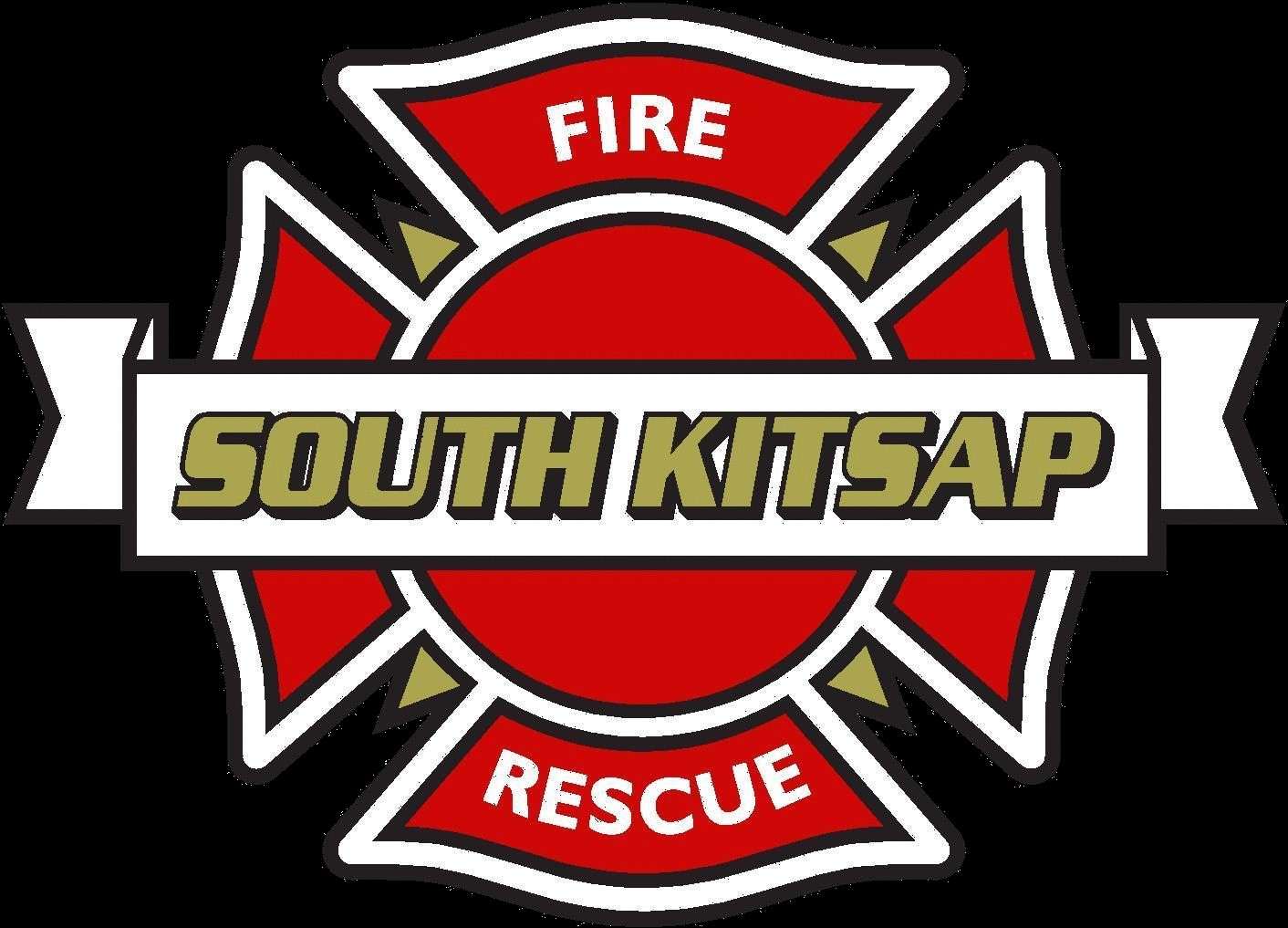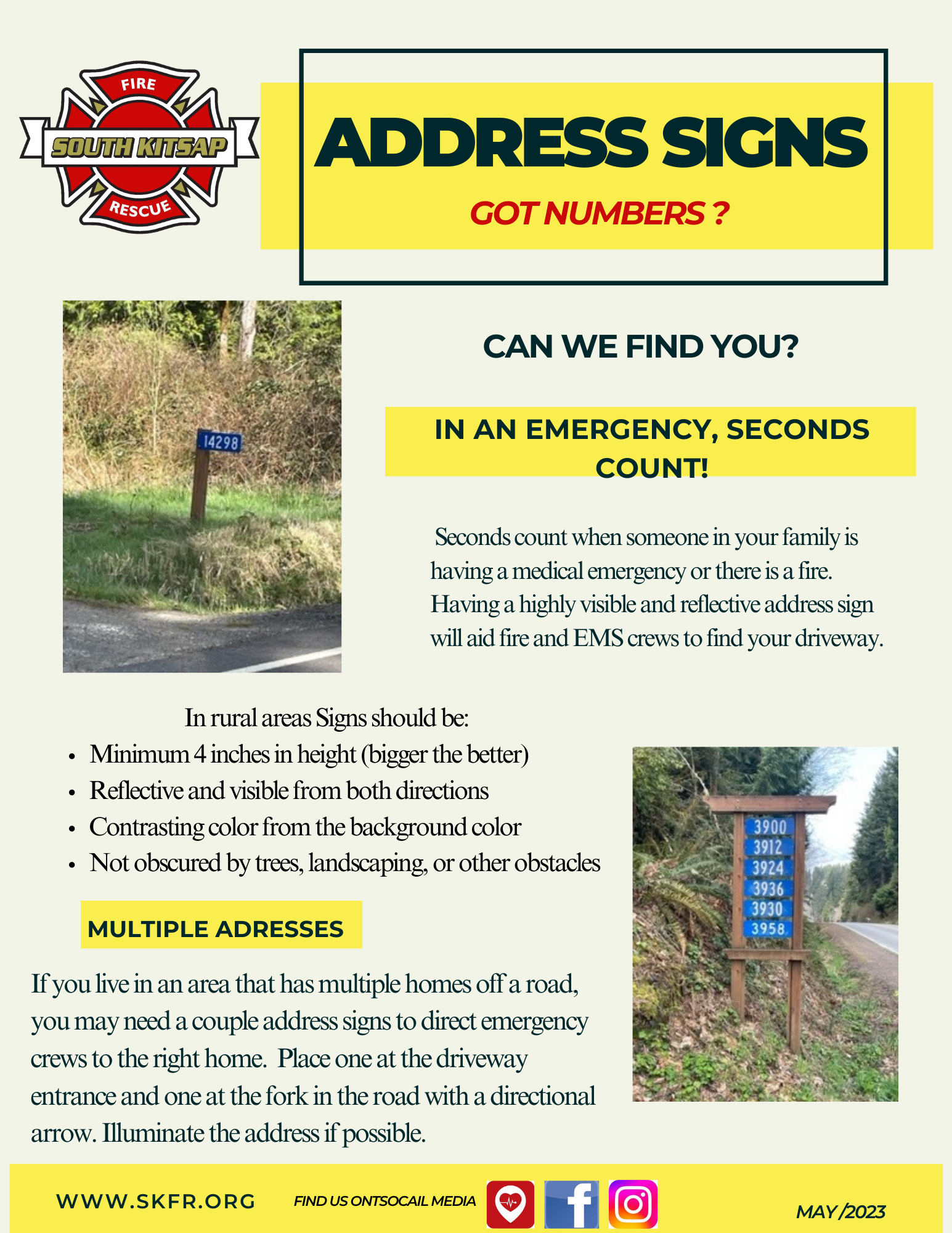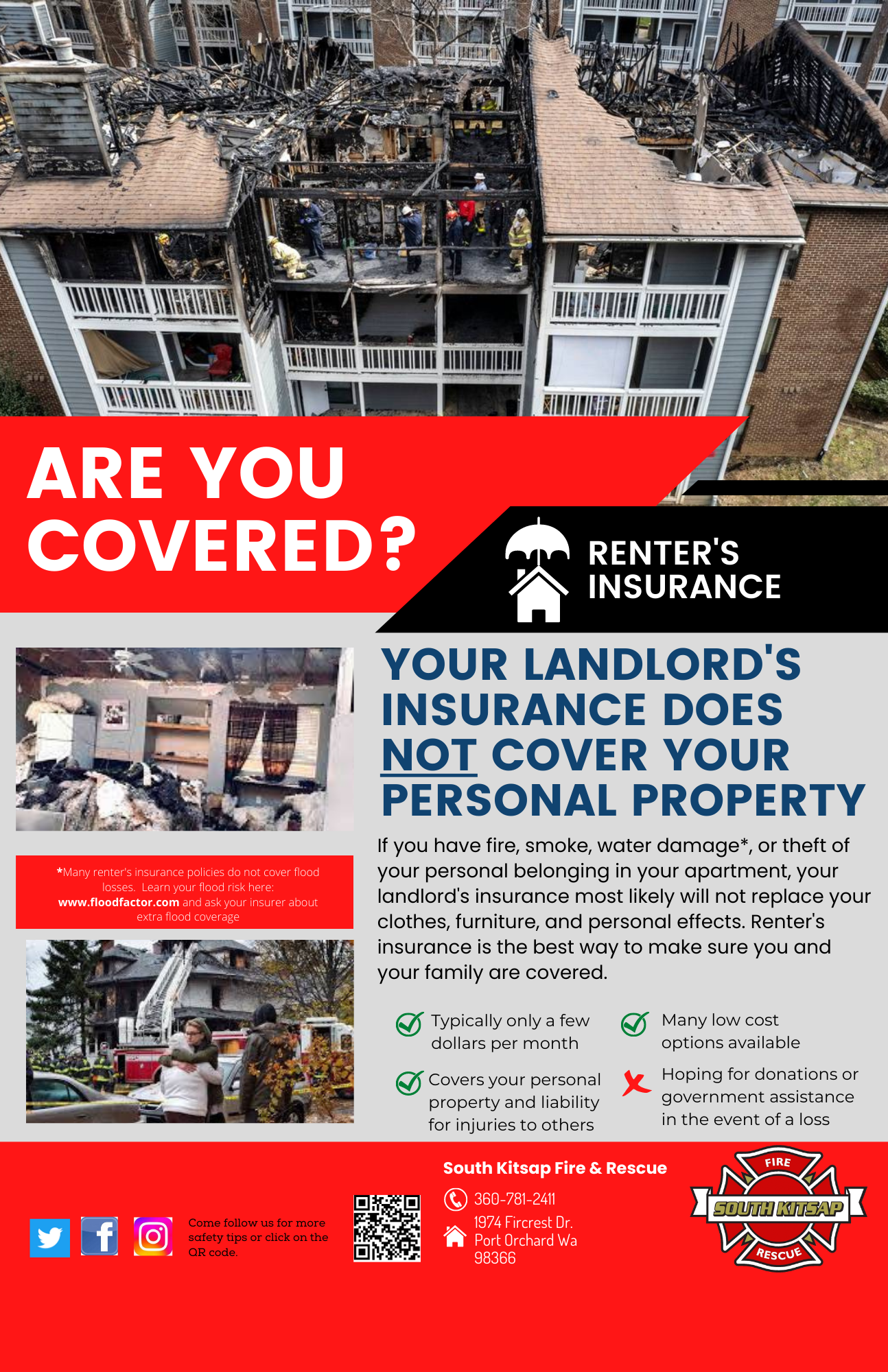Home Fire Safety
Home Fire Safety
Basics of Fire Science
How to prevent home fires simplified
Information on Fire Prevention, Safety Partners and Oganizations
Fire Prevention Week Resource List – Electrical Safety Foundation (esfi.org)
National Fire Prevention Association- NFPA
Home Residential lock boxes
These are lock boxes that only the fire department has access to. Knox Box is a trusted brand used by fire and police departments across the US.
Go to Emergency Key Box – Knox Rapid Access System
You can order the box, install the box , then call South Kitsap Fire & Rescue and we will come out and lock you key in the box. If you call 911 and can not get to the door, we can access your home without forcing our way in and causing damage to your door.
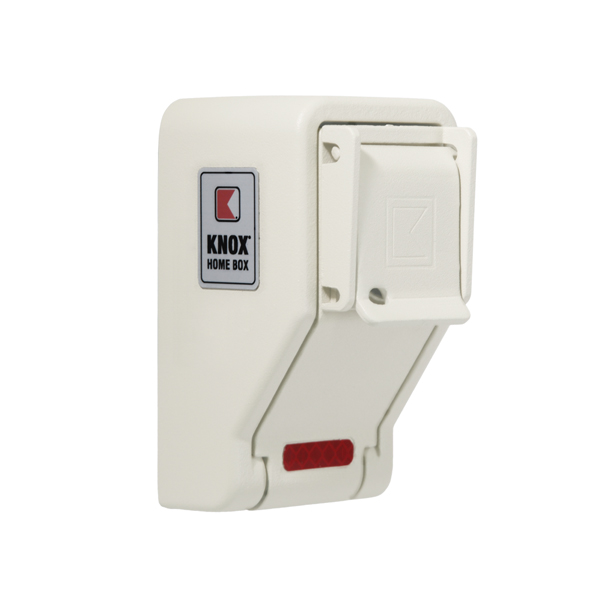
OR
Buy you can pruchase a lock box at a local harware store, mount the box, make your own code, and call South Kitsap Fire and Rescue to let us know what the code is so we can access it in an emergency.
Address Signs – Can We Find You?
Good addressing helps with fast and effective emergency response.
Kitsap County Community Development offers blue address signs for purchase, you can find them HERE
In the know
Fire extinguisher information – HERE
How to use a fire extinguisher
Information about fire hydrants you need to know- HERE
Knox boxes:
Emergency Key Box – Knox Rapid Access System (knoxbox.com)
If you would like a commercial lock box please follow this link-HERE
Smoke Alarms
One Is NOT Enough
Working smoke alarms save lives, cutting the risk of dying in a home fire in half. Smoke alarms should be installed and maintained in every home.
Fire spreads fast, have a plan, and working smoke alarms.
Smoke detector should be replaced after 10 years of use to ensure they work properly.
Smoke alarm information video.
To learn more about smoke alarm facts click HERE
For more information on smoke alarms Click Here.
Burn Test That Will Change The Way You Think About Fire
Side by Side Home Furnishing Comparison Test Burn (Natural sv. Synthetic) Working Smoke Alrams Are SO Important!
Fires today are burning hotter and faster than ever before, working smoke alarms give you early detection so you have time to escape your home safely.
Close Before You Doze
Do you Close Before You Doze? A group of firefighters from Maryland put this video together to show how important it is for people to ALWAYS sleep with their bedroom doors closed. Doing so can prevent fires from spreading quickly through a home and protect everyone inside from a fire’s smoke and flames. It also will provide a barrier that buys more time to carry out your family escape plan.
Having an Escape Plan Can Minimize Fire Risks
Have a plan for your home Click HERE to see why!
Escape plans help you and your family get out of your home quickly.
In the event of a fire, remember that every second counts, so you and your family must always be prepared.
Know two ways out of every room in your home.
Have a family meeting place in a safe area out front and away from your home.
Update your plan when circumstances in your home change.
Recipe for Safe Cooking
Cooking fires are the number one cause of home fires. Click HERE to learn ways to prevent one from happening in your home.
Watchful Eyes! Keep Lid Nearby.
Keep and eye on what you fry!
Chimney Fire Safety
Chimney Fires are Preventable! 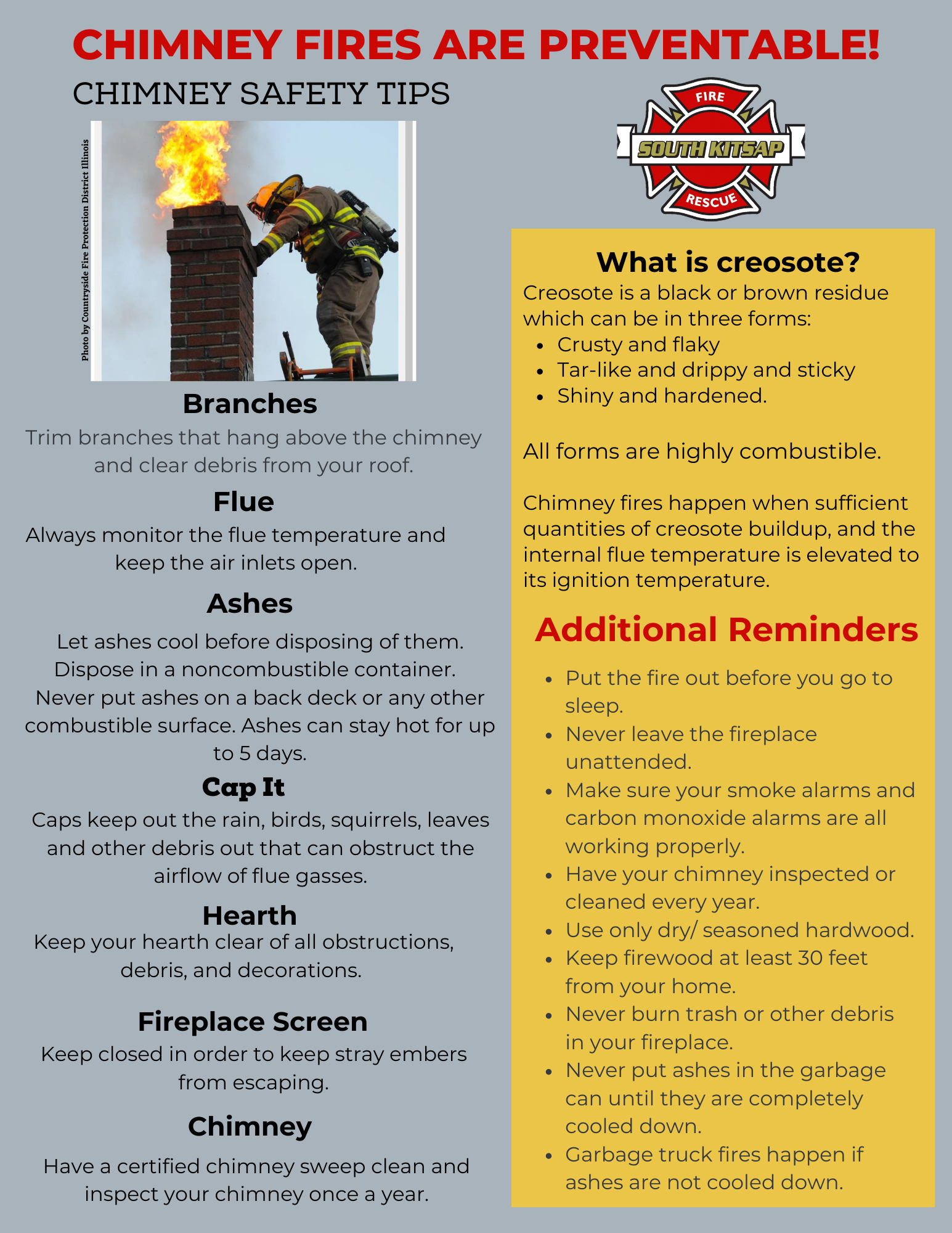
The Chimney Safety Institute of America reports that creosote accumulation is the leading cause of chimney
fires. A chimney that is dirty, blocked or that is in disrepair can inhibit proper venting of smoke up the flue and
can also cause a chimney fire.
Carbon Monoxide
Carbon monoxide alarms are designed to detect harmful amounts of carbon monoxide in the air.
Incomplete burning of fuels, such as wood, gasoline, charcoal, propane, coal, natural gas, oil, and kerosene produce carbon monoxide.
Carbon monoxide is a colorless, oderless gas, since it is odorless, it often isn’t noticed without a detector.
Do You Rent? You Need Renter’s Insurance!
Renters may think their personal belongs are covered by the landlords insurance plan or the insurance policy of the apartment complex, unfortunately this is rarely the case.
Renter’s insurance is relatively inexpensive, $15-$20 a month. If something does happen, fire, burglary, or burst pipes your personal belongings are covered.
You could be doing everything right, but you can be affected by your neighbors. If you do not have renters insurance, look into it today!
